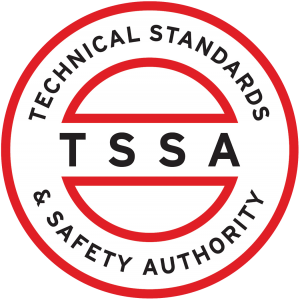 News from the TSSA
News from the TSSA
The OPCA and TSSA work together to keep the general public and contractors up date on regulatory information with respect to fuel safety.
Latest News:
TSSA Fee Update:
TSSA is implementing a 5% Inflationary increase effective May 1st.
Click here for more information
TSSA Client Portal:
The TSSA Client Portal offers various transactions, including account management, exam requests and results, viewing orders and inspection reports, and submitting and paying for applications. Customers need to sign up as new users of the TSSA Client Portal starting April 29, 2024, and initially, only the highest-volume applications will be available on the portal.
